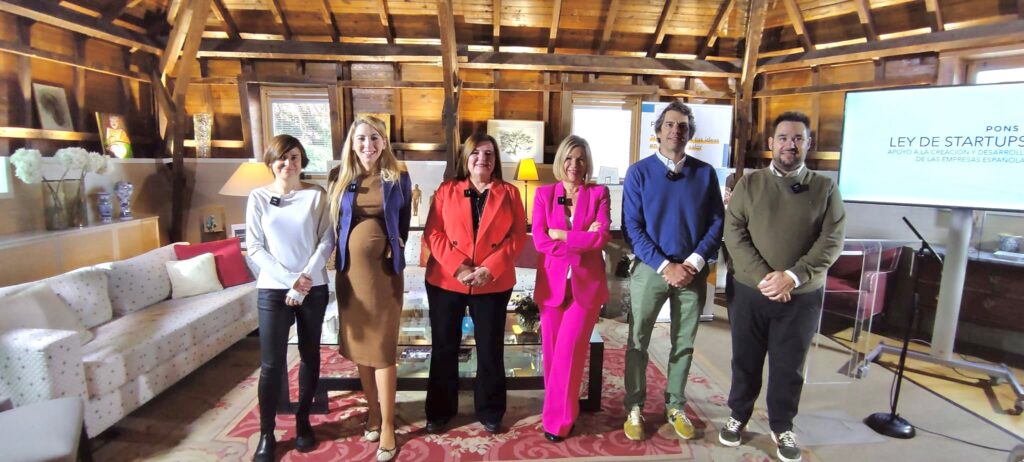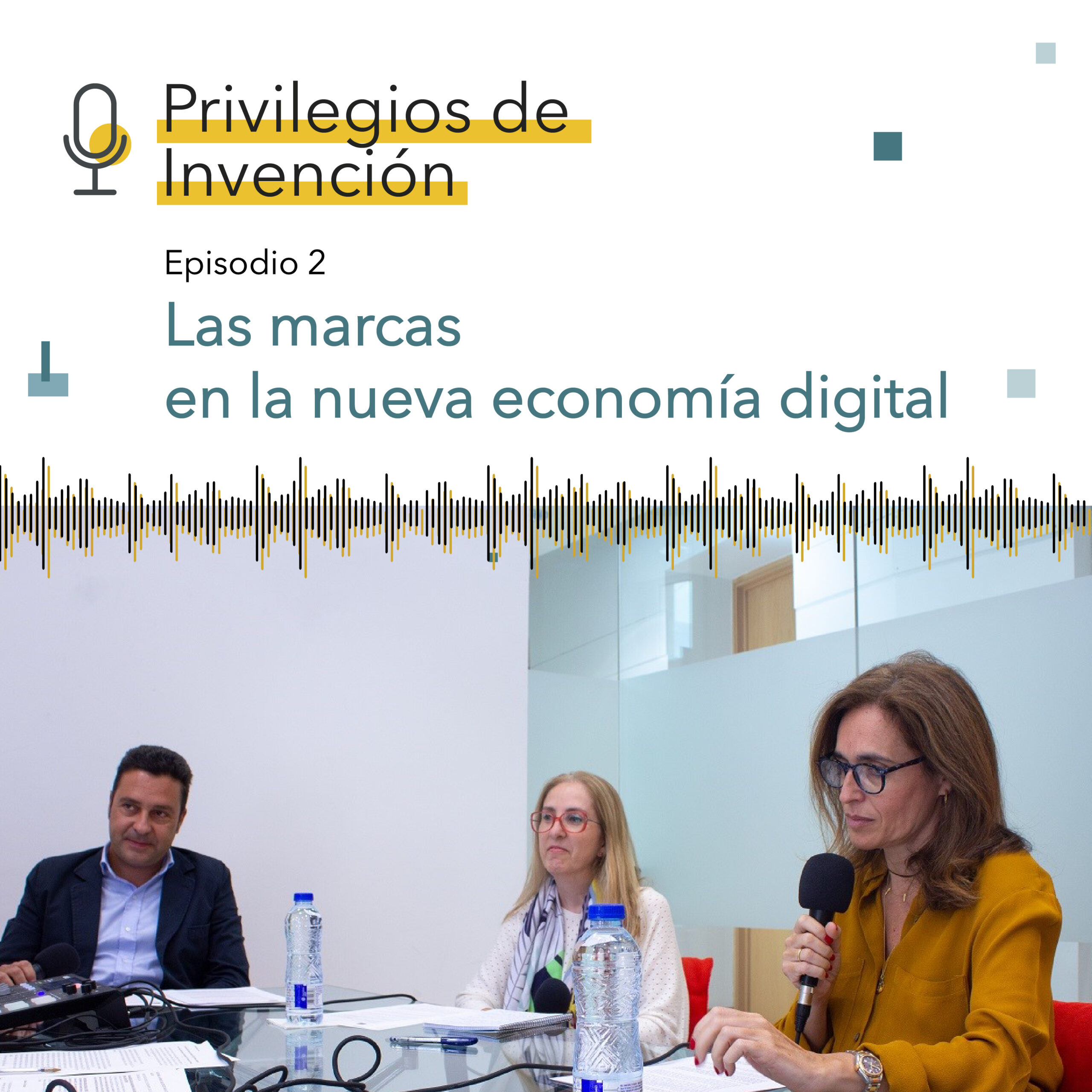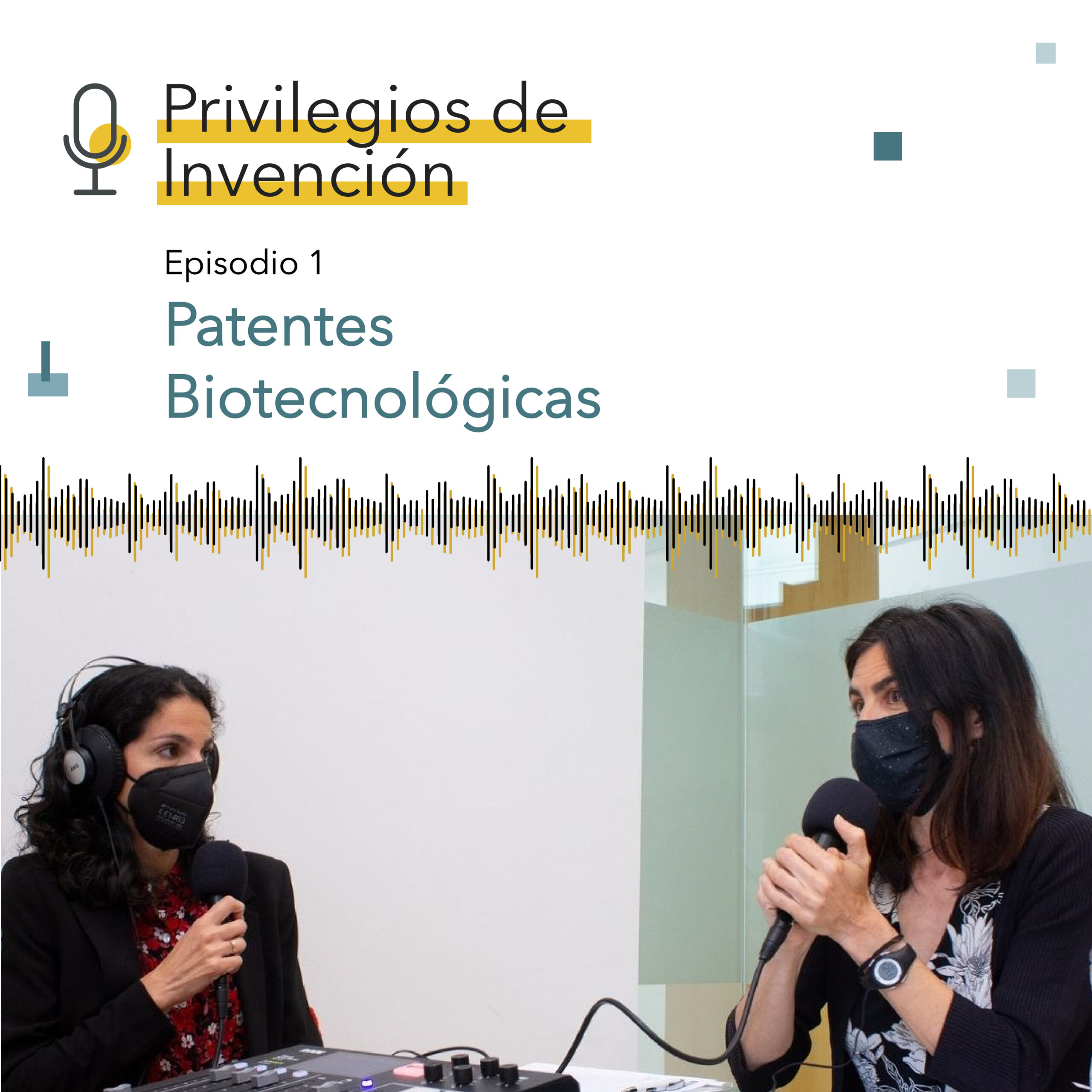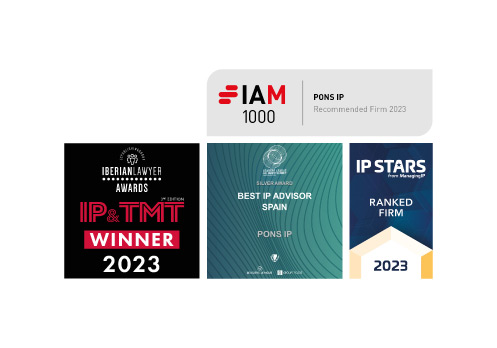PONS IP, a global consulting firm specialised in industrial and intellectual property, held a hybrid meeting at the PONS Foundation headquarters with nearly 150 professionals from the field of innovation and business with the aim of conducting an initial assessment of the application of the Startup Law in Spain and analysing the pending challenges after its entry into force on 22 December, legislation that arose to favour and promote the ecosystem of emerging companies in Spain.
General Director of PONS IP, Nuria Marcos, welcomed the meeting’s attendees and participants with the noteworthy presence of Teresa Riesgo, General Secretary for Innovation at the Ministry of Science and Innovation, , who shared the space with Luisa Rubio, , head of Wayra X, Silvia Haro Cabas, co-Founder and president of Celling 5G, Daniel Pérez Gutiérrez, CEO of Zunder and Carlos Kuchkovsky, CEO and co-Founder of QCentroid.
The head of the Ministry of Science and Innovation dedicated her speech to highlighting innovative entrepreneurship, showcasing the fundamental points of the regulation in terms of enhancing startups in relation to their creation and growth, as well as tax incentives and improved access to the special tax regime, the reduction of administrative burdens for access to aid and the stimulation of public and private investment, and talent attraction and retention. The Secretary General also pointed out that the implementation of this Law “is aligned with the European Innovation Agenda and is key for Spain since our country will be able to lead this issue at an international level, coinciding with the rotating presidency of Spain in the EU”.
María Teresa Riesgo, based on her experience at the Centre for Technological and Industrial Development (CDTI), firmly defended the model of growth and public support for financing startups within the country’s mission to promote Spain’s technological sovereignty and job creation. “Let’s turn startups into large companies, and these companies into industry for Spain, through innovation and industrial property”, pointed out Riesgo, recalling that after her investment experience through CDTI and after nearly 200 million euros through the co-investment mechanism with more than 100 venture capital firms between 2019 and 2022, “we can ensure that investing in technology-based companies in Spain is profitable. As a country, we should avoid becoming a business incubator to subsequently export our technology to Asian or American companies, which is why committing to establishing technology and quality employment in Spain is key if we want to focus on promoting the growth of startups, to reduce administrative burden and protect that very innovation”.
After the introduction by the Ministry of Science and Innovation, Nuria Marcos moderated a discussion between invited professionals linked to the entrepreneurial ecosystem, addressing relevant aspects of the law, focused on financing plans, talent attraction and the role of industrial property as a lever of business growth.
Daniel Pérez Gutiérrez, CEO of Zunder, pointed out the “transcendental” importance of public entities when defining tax incentives or direct financing in order to help startups at an early stage, since obtaining funds from banking in the early stages is virtually impossible. “With this Law we are heading in the right direction, but we must make information more accessible, reduce bureaucracy and increase the speed at which this aid is implemented, so that these companies can access the funds that are vital for startups”, said Pérez Gutiérrez. Carlos Kuchkovsky, CEO and co-Founder of QCentroid, emphasised the need to streamline these processes for obtaining funds, offering acceleration methodologies such as “fast-track” for Public Administrations as an example. “We have a great opportunity to position Spain as a major innovation talent hub, but to do so, in addition to implementing legal solutions such as stock options or the issue of visas, we must act very quickly when processing financing plans”.
For Luisa Rubiohead of WayraX, she explained that “we should be very proud of the Spanish entrepreneurial ecosystem, with an increasingly global vision, ideas that are better focused and the great ambition of entrepreneurs. Spain has much of its own technology, quality public services and very good communications that make our country attract many startup projects and talent from abroad, not just funds. Furthermore, given that the Startup Law is providing us with many new tools to apply to the growth of investments in startups, we must be optimistic for the sector’s future”. In this sense, Daniel Pérez from Zunder stated that with talent “being in Palencia, the city of Zunder’s headquarters, we must all work decisively on tax and labour incentives so that startups can attract talent under better circumstances and so that employees of a large company see that changing companies towards a startup project is an appealing option”.
During the session, industrial property was confirmed once again as one of the pending topics in startups, and also in the new legislation in force. Thus, Silvia Haro Cabas, co-Founder y president of Celling 5Gshared her experience in leading her business project over the last few years. “We have been respected within the sector thanks to our industrial property portfolio, even against large companies. We must work on the Spanish business culture to validate the work of third parties, but opting to protect your assets has saved us many problems. One difficult aspect is being able to do so in the early stages, given the scarcity of resources at this time where the survival of the project is most important, and urgent”. In this sense, Carlos Kuchkovsky, CEO of QCentroid, indicated that it is necessary to invest in profitable technology, “it necessarily involves investing in industrial and intellectual property. In my experience, both in a multinational and in the scope of entrepreneurship, “administrations should focus on supporting specific investment plans for industrial property and also on making the task of patenting more understandable and accessible from the beginning of the activity as a company”.




